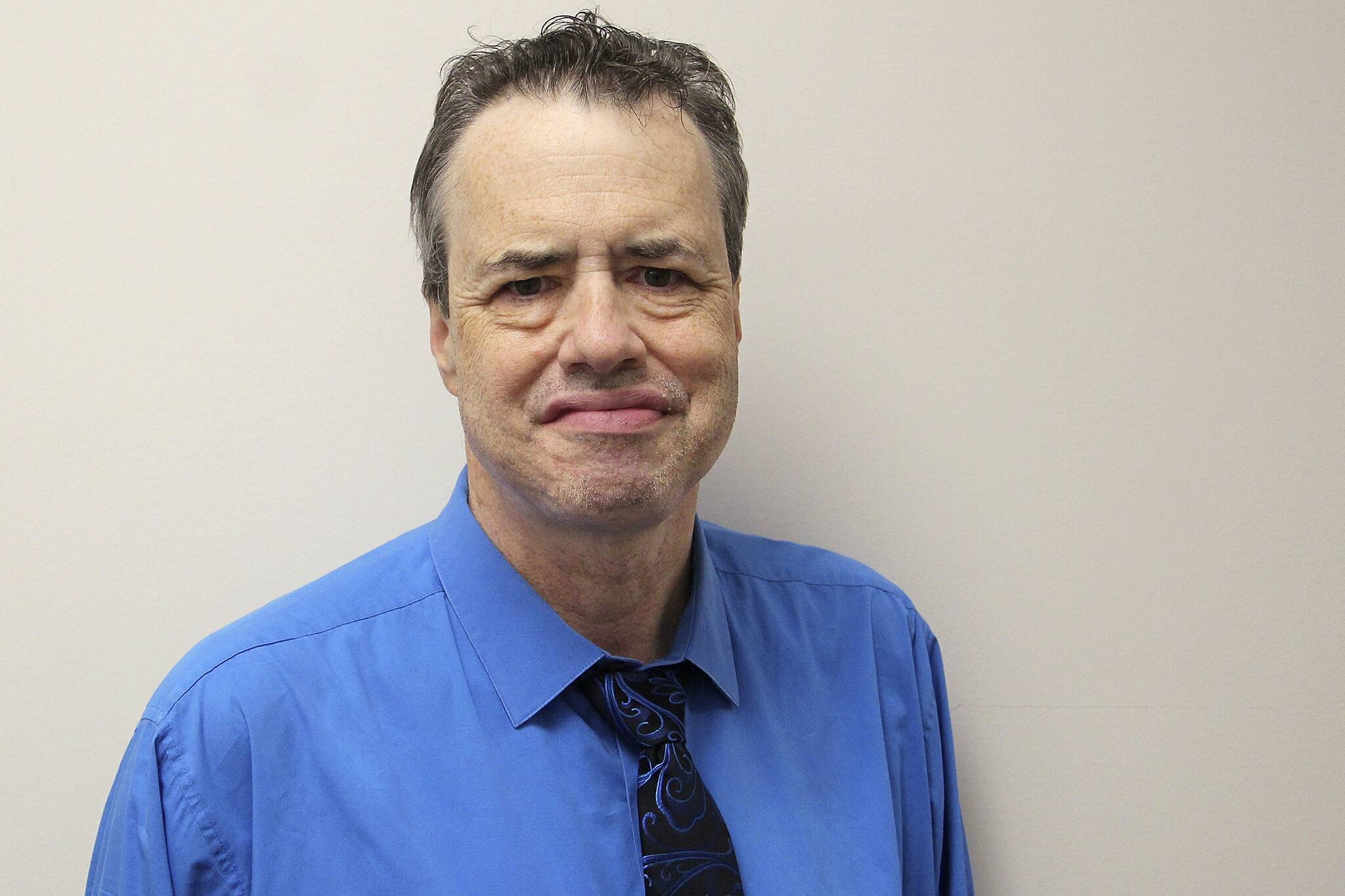Those who know me know me know I’m a bit of a stickler about language.
Not so much about the grammar, although of course that matters. After all, nobody likes a grammar cop, running around bugging some poor guy who ends a sentence with a preposition. That sort of thing doesn’t make you look smart — it makes you look like a smart-ass, a know-it-all deserving of a spirited application of foot to posterior.
As long as I’m at it, though, that bit about never ending a sentence with a preposition? Forget about it. It has nothing to do with proper English. It’s the vestige of a silly attempt by academic dunderheads several centuries ago to Latinize English.
Anyway, here’s what I focus on when I work with text: meaning and clarity. My dictum: say what you mean in as few words as you can — knowing what those words mean, of course — then get the hell out, or risk stinking up the joint.
Unfortunately, that doesn’t always happen.
The unlucky fallout for editors is they spend too much time cutting away the verbal flab that has grown about the mid-section of English. By no means is the layer of fat always there by design, but in nearly three decades of laboring in the trenches of this profession, I’ve dealt with too many instances of words blown-up to Hulk-like dimensions to make matters sound more important than they are.
For instance, using “utilize” for use, which means exactly the same thing. Those are two extra syllables you can never get back.
Then there is the creativity-stifling accretion of euphemisms and dead and petrified metaphors, which broadcast journalists seem to be especially fond of inserting wherever they can.
Then there’s the storm that “left 20 people dead.” Are you trying to tell me the storm encountered 20 dead people and refused to resurrect them? Don’t you mean that it killed 20 people? If that’s what you mean, say it.
Someone — I’ve forgotten who — described the sort of person who has no idea what he’s going to say before he says it, doesn’t know what he’s saying when he speaks, and sits down again having no idea what he just said.
So, say what you mean in the fewest words.
I summon to the front of the class Ulysses Grant.
During the American Civil War, General George Meade’s chief of staff had this to say about the field orders Grant penned to his subordinates.
“There is one striking feature of Grant’s orders; no matter how hurriedly he may write them on the field, no one ever has the slightest doubt as to their meaning or even has to read them over a second time to understand them.”
“When I put my pen to the paper,” Grant said, “I did not know the first word that I should make use of in writing the terms. I only knew what was in my mind, and I wished to express it clearly, so that there could be no mistaking it.”
The Roman poet Horace in his “Ars Poetica” gives us the flavor: “Parturient montes, nascetur ridiculus mus.” (“The Mountain labored and brought forth a ridiculous mouse.”) To get the point, just look at the size of the Latin words that precede that tiny “mus” at the end. He’s talking about a lot of sound and fury, signifying, well, not much.
Here are a few honorable mentions.
Doublespeak, doublethink, call it what you want, it grates and often amuses. In a limited sense, it means a deliberate misuse of language to obfuscate. Up and down the line, the military has always been one of its keenest practitioners.
In a book on this subject I read years ago, I came across some low-level officer’s inflated order for “1,000 hydro force blast cups.”
What were those, I wondered? Well, toilet plungers.
In the darker sense, people often employ doublespeak to cloak bad deeds.
I remember watching a television documentary years ago about some guy called to account before a fact-finding commission on a bribery charge. The highlight for me came in the follow-up to the guy’s admission that he had indeed deposited money in some dude’s bank account to secure what he wanted. The exchange went something like this:
Commissioner: “Was that not bribery?”
Bad guy: “No, sir, that was not bribery.”
Commissioner: “Then what would you call it?”
Bad guy: “Sir, I simply utilized the existing funds in order to expedite the solution to a difficult problem.”
Then there are the raw police and fire blotters that describe actions carried out by “an adult male.” Doesn’t that mean “man”? If they’re trying to protect someone’s identity, here’s a tip: calling the guy a man doesn’t give away his identity.
When I hear anyone get up before Congress and say, “Mistakes were made,” I’m sure I’m not alone in practically screaming, “Tell us who made the #$#$# mistakes!!??”
In an abridgement of his best-seller “Doublespeak,” the writer William Lutz has the following to say:
“There are no potholes in Tucson, Arizona, just ‘pavement deficiencies.’ The Reagan Administration didn’t propose any new taxes, just ‘revenue enhancements,’ through new ‘user’s fees.’ Those aren’t bums on the street, just ‘non-goal oriented members of society.’ There are no more poor people, just ‘fiscal underachievers.’ There was no robbery of an automatic teller machine, just an ‘unauthorized withdrawal.’ The patient didn’t die of medical malpractice, it was just a ‘diagnostic misadventure of a high magnitude.’ The U.S. Army doesn’t kill the enemy anymore, it just ‘services the target.’
By gum, I bet you’d never have caught General Grant writing about “servicing the target.”
–
Robert Whale can be reached at rwhale@soundpublishing.com.
Talk to us
Please share your story tips by emailing editor@kentreporter.com.
To share your opinion for publication, submit a letter through our website https://www.kentreporter.com/submit-letter/. Include your name, address and daytime phone number. (We’ll only publish your name and hometown.) Please keep letters to 300 words or less.

